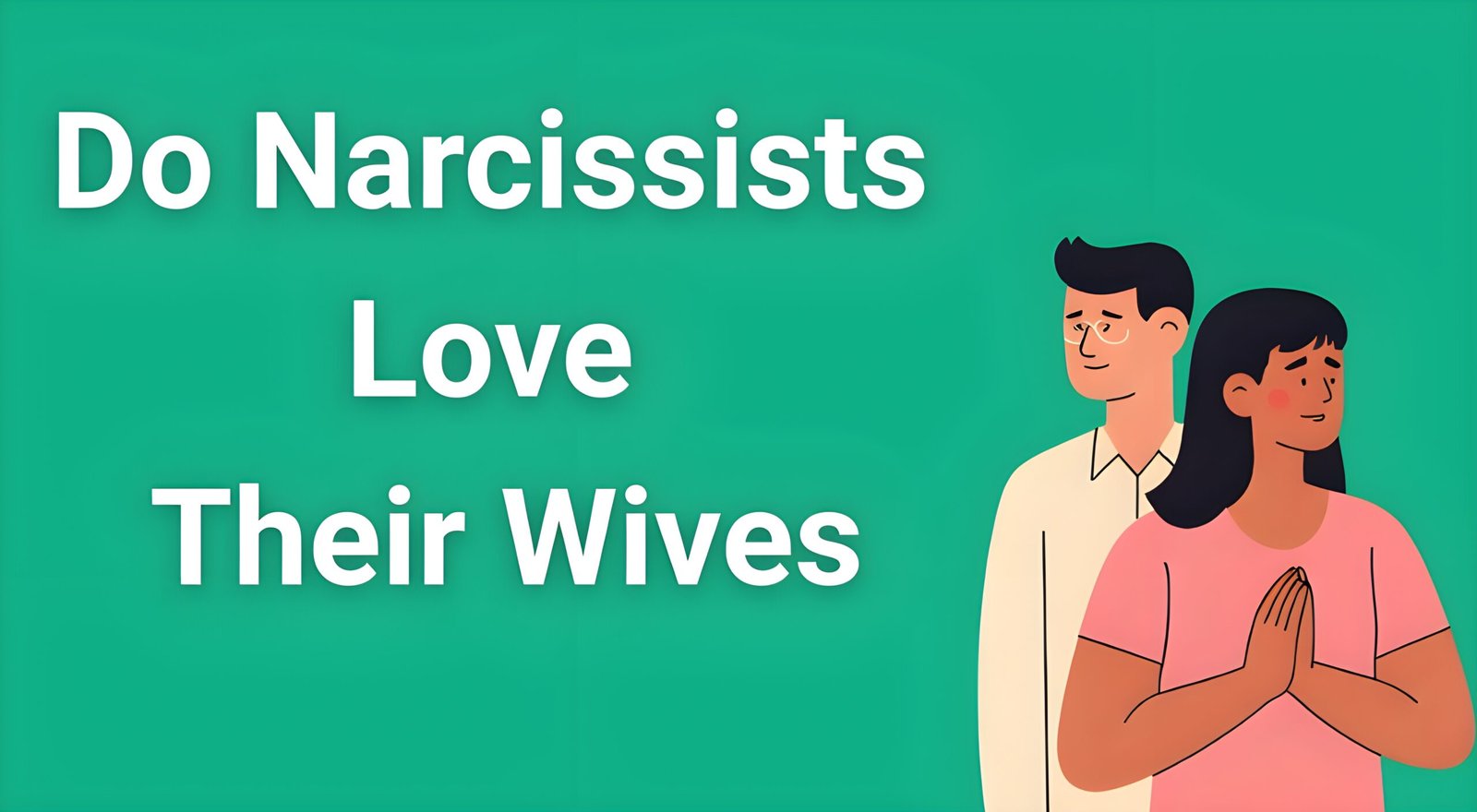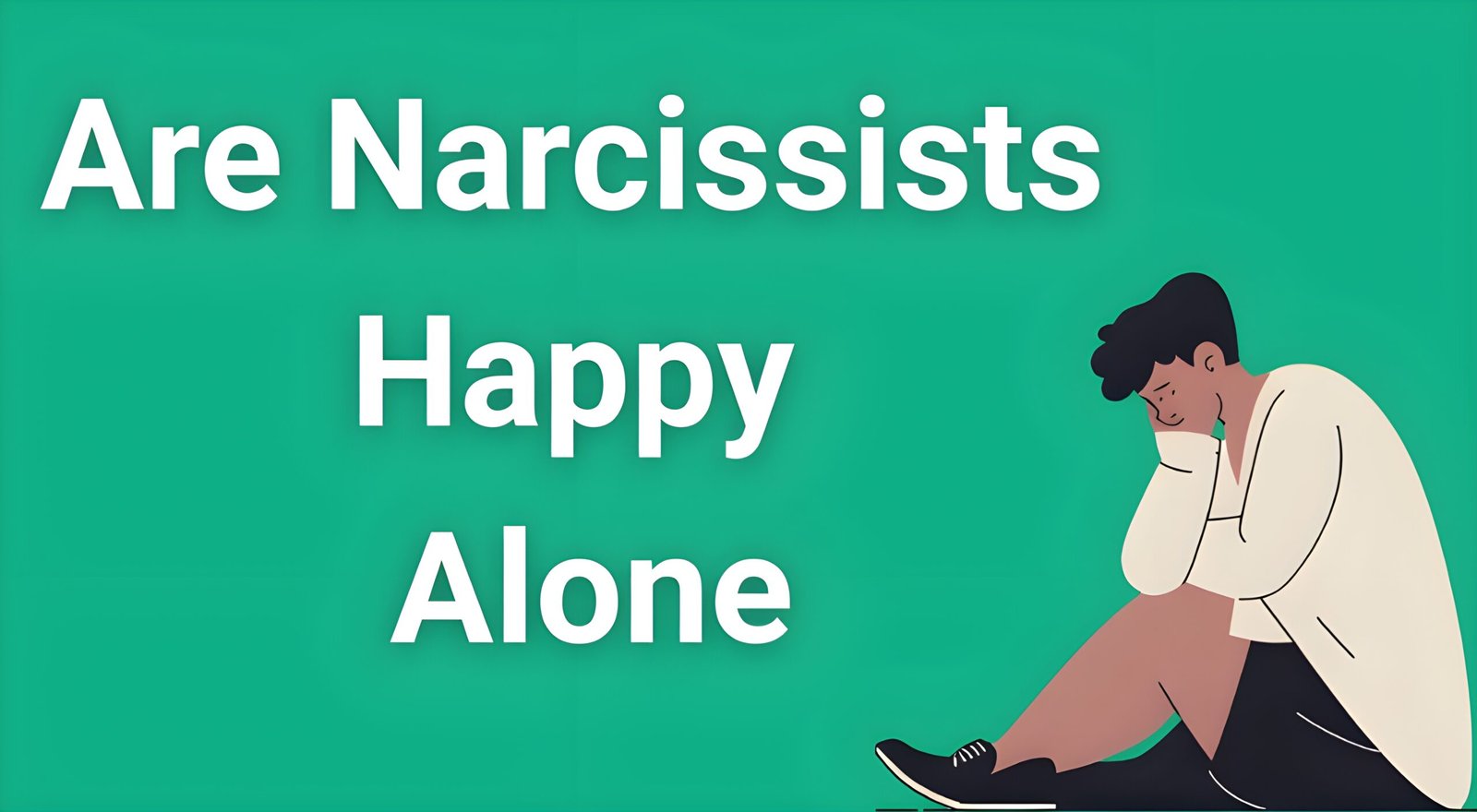The question “do narcissists love their wives?” haunts countless women who find themselves questioning the reality of their marriage. If you’re reading this, you might be experiencing that confusing mix of intense affection followed by cold withdrawal, grand gestures shadowed by emotional manipulation, or declarations of love that somehow leave you feeling more empty than fulfilled.
- What Is Love to a Narcissist?
- The Three Types of Narcissistic “Love”
- Warning Signs: When “Love” Becomes Control
- The Neurological Reality: How Narcissist Brains Process Attachment
- The Trauma Bond: Why It Feels Like Love
- Can Narcissists Learn to Love Differently?
- Protecting Yourself While Gaining Clarity
- The Impact on Your Identity and Wellbeing
- Signs Your Husband’s Love Is Conditional
- Frequently Asked Questions
- Conclusion: The Truth About Narcissistic Love
Understanding whether narcissists are capable of genuine love requires diving deep into the psychology of narcissistic personality patterns, how they form attachments, and what their version of “love” actually looks like in practice. The answer isn’t simple, but it’s crucial for anyone trying to make sense of a relationship that feels simultaneously passionate and hollow.
What Is Love to a Narcissist?
When we ask “do narcissists love their wives,” we first need to understand what love means from a narcissistic perspective. For most people, love involves empathy, genuine care for another’s wellbeing, and the ability to put someone else’s needs before your own when necessary. It requires seeing your partner as a separate individual with their own thoughts, feelings, and desires that matter equally to your own.
Narcissists experience something they call love, but it functions fundamentally differently than healthy love. Their version of love is predominantly about how their partner makes them feel about themselves. This isn’t conscious manipulation in most cases—it’s genuinely how their brain processes attachment and emotional connection.
Think of it like viewing someone through a funhouse mirror that only reflects back your own image. A narcissist might feel intense emotions toward their wife, but these feelings are primarily centered on how she enhances their self-image, provides validation, or meets their psychological needs.
The Supply-Based Love Model
Narcissists operate on what psychology experts call “narcissistic supply”—the constant need for admiration, attention, and validation from external sources. When narcissists say they love their wives, what they often mean is that their wives are excellent sources of this psychological fuel.
This explains why narcissistic husbands can seem incredibly loving when their wives are actively providing supply—praising them, focusing entirely on their needs, or making them feel special and important. During these moments, the narcissist genuinely believes they love their wife because she’s making them feel so good about themselves.
However, when the same wife is tired, needs support herself, or can’t provide that constant stream of validation, the “love” seems to evaporate. This creates the confusing hot-and-cold dynamic that so many wives of narcissists experience.
The Three Types of Narcissistic “Love”
Understanding whether narcissists love their wives becomes clearer when we examine the different ways narcissistic attachment manifests:
1. Trophy Love
Some narcissists view their wives as status symbols—beautiful, successful, or socially valuable partners who reflect well on them. This wife might be showered with public affection and expensive gifts, but the underlying motivation is how she enhances the narcissist’s image. The “love” is real from the narcissist’s perspective, but it’s love for what she represents rather than who she actually is.
2. Caretaker Love
Other narcissists develop intense attachments to wives who consistently meet their emotional and practical needs. These relationships might feel more stable because the narcissist genuinely appreciates having someone who manages their life, provides emotional support, and requires little in return. The narcissist can feel deep gratitude and dependency, which they interpret as love.
3. Mirror Love
This occurs when the narcissist finds a partner who either reflects their own traits back to them or serves as the perfect audience for their specialness. The narcissist feels understood and seen in a way that creates powerful attachment. They love how the relationship makes them feel about themselves.
Warning Signs: When “Love” Becomes Control
Many wives asking “do narcissists love their wives?” are actually trying to understand why their husband’s love feels so controlling and conditional. Here are the key patterns that reveal narcissistic attachment versus healthy love:
Love Bombing Followed by Devaluation
Healthy love grows steadily over time. Narcissistic attachment often starts with overwhelming intensity—constant contact, excessive gifts, and proclamations of finding their “soulmate” within weeks. This love bombing creates powerful emotional bonds, but it’s followed by gradual devaluation as the narcissist’s initial fascination wears off.
Conditional Affection
When narcissists love their wives, that love has strings attached. Affection is withdrawn when the wife isn’t meeting their needs or is somehow disappointing them. Healthy partners might feel hurt or frustrated, but they don’t use love itself as a weapon.
Possessive Rather Than Protective
Narcissistic husbands often claim their controlling behaviors stem from love. They might say they’re just protecting their wife or that they love her so much they can’t bear to share her with others. However, healthy protection respects the other person’s autonomy, while narcissistic possession treats the wife like property.
Performance-Based Love
Wives of narcissists often feel like they’re constantly auditioning for their husband’s affection. They must look perfect, act perfectly, and meet increasingly complex unspoken expectations to receive love and approval. This creates an exhausting dynamic where the wife loses herself trying to earn what should be freely given.
The Neurological Reality: How Narcissist Brains Process Attachment
Recent neuroscience research provides insight into whether narcissists can truly love their wives. Brain imaging studies show that people with narcissistic traits have differences in areas associated with empathy and emotional processing. Specifically, the anterior cingulate cortex and temporal poles—regions crucial for understanding and responding to others’ emotions—show reduced activity.
This doesn’t mean narcissists are incapable of attachment, but their attachments are processed differently. They can feel intense emotions toward their wives, but they struggle to separate their own emotional experience from their partner’s. When they say “I love you,” they genuinely mean it, but their version of love is filtered through their own psychological needs rather than genuine concern for their wife’s wellbeing.
The Trauma Bond: Why It Feels Like Love
Many wives of narcissists report feeling more intensely bonded to their husbands than in previous healthier relationships. This isn’t because narcissists love more deeply—it’s because of trauma bonding, a powerful psychological phenomenon that can feel identical to love.
Trauma bonds form when someone experiences alternating periods of abuse and affection. The brain interprets the relief and gratitude felt during kind periods as intense love and connection. This is why many wives describe feeling like their narcissistic husbands are their soulmates, even while recognizing the relationship is unhealthy.
The intermittent reinforcement schedule (unpredictable periods of kindness mixed with emotional unavailability or cruelty) creates some of the strongest psychological attachments possible. This explains why wives might feel more “loved” by their narcissistic husbands than they ever have before, even though the relationship is ultimately damaging.
If you’re experiencing this confusing mix of intense connection and persistent pain, resources like professional clarity reports can help you understand the specific dynamics at play in your relationship. Getting an expert perspective on your situation can provide the validation and insight needed to distinguish between trauma bonding and genuine love.
Can Narcissists Learn to Love Differently?
This question often haunts wives who see glimpses of genuine care and connection in their narcissistic husbands. The capacity for change exists, but it requires the narcissist to acknowledge their patterns and commit to intensive therapeutic work—something that goes against their core belief that others, not them, are the source of relationship problems.
Some narcissists can develop more empathetic responses and genuine concern for their wives’ wellbeing, particularly if they’re willing to engage in specialized therapy that addresses narcissistic patterns. However, this transformation requires the narcissist to confront their deepest insecurities and defense mechanisms, which many find too threatening to attempt.
The more realistic question might be: “Can I find peace and clarity about my relationship regardless of whether my husband changes?” This shift in focus from trying to change the narcissist to understanding your own needs and boundaries often provides the breakthrough many wives are seeking.
Protecting Yourself While Gaining Clarity
If you’re still unsure whether your husband truly loves you or if you’re experiencing narcissistic manipulation, there are practical steps you can take to gain clarity while protecting your emotional wellbeing:
Document Your Reality
Narcissistic relationships often involve gaslighting—subtle manipulation that makes you question your own perceptions. Keep a private journal documenting specific incidents, conversations, and your emotional responses. This creates a record you can review to identify patterns and validate your experiences.
Establish Emotional Boundaries
Practice the “emotional firewall” technique: when your husband’s behavior triggers confusion or self-doubt, mentally step back and ask yourself what you would think if this situation involved your best friend instead of you. This distance helps you evaluate the relationship more objectively.
Build Your Support Network
Narcissistic husbands often isolate their wives from friends and family who might question the relationship dynamics. Reconnecting with trusted people outside your marriage provides perspective and emotional support that’s crucial for maintaining your sense of reality.
Consider Professional Guidance
Working with a therapist who understands narcissistic relationship dynamics can be invaluable. They can help you process your experiences, develop healthy coping strategies, and make decisions about your relationship from a place of clarity rather than confusion.
For those who need immediate insight into their specific situation, comprehensive analysis from specialists who understand narcissistic relationships can provide the validation and direction you need to move forward with confidence.
The Impact on Your Identity and Wellbeing
Living with the question “do narcissists love their wives?” while experiencing confusing relationship dynamics takes a significant toll on your psychological wellbeing. Many wives report feeling like they’ve lost themselves in the relationship, constantly walking on eggshells, and questioning their own judgment about basic interactions.
This identity erosion isn’t a character flaw or weakness—it’s a predictable response to being in a relationship where your reality is consistently invalidated and your needs are treated as secondary. The constant effort to earn love that feels conditional creates chronic stress and anxiety that affects every area of your life.
Recovery involves rebuilding your sense of self apart from your husband’s approval or disapproval. This process can feel scary, especially if you’ve been in the relationship for years, but it’s essential for regaining your emotional equilibrium and making clear decisions about your future.
Breaking free from trauma bonds and rebuilding your identity is challenging but absolutely possible. Structured approaches that address the neurological aspects of trauma bonding, rather than relying on willpower alone, tend to be most effective for creating lasting change.
Signs Your Husband’s Love Is Conditional
Many wives struggle to differentiate between normal relationship challenges and narcissistic patterns. Here are specific indicators that your husband’s love might be more about control than genuine care:
The Silent Treatment Weapon: When upset, he withdraws all affection and communication rather than working through problems together.
Love as Currency: Affection, gifts, or positive attention are given only when you’ve pleased him or met his specific expectations.
Public vs. Private Personas: He’s charming and attentive in front of others but cold or critical when you’re alone together.
Your Feelings Don’t Matter: When you express hurt or disappointment, he redirects the conversation to focus on how your feelings affect him rather than acknowledging your experience.
Constant Criticism Disguised as Help: He frequently points out your flaws or mistakes under the guise of wanting to help you improve or because he loves you too much to let you fail.
Frequently Asked Questions
Q: Do narcissists know they don’t truly love their wives?
A: Most narcissists genuinely believe they love their wives, even though their version of love is self-serving. The feelings they experience feel authentic to them, making it difficult for them to recognize the conditional and manipulative nature of their attachment.
Q: Can a narcissistic husband change if he realizes he’s hurting his wife?
A: Change is possible but requires the narcissist to acknowledge their behavior patterns and commit to intensive therapy. Most narcissists struggle with this level of self-awareness and accountability, as it conflicts with their core belief system.
Q: Why do narcissistic husbands say they love their wives but treat them poorly?
A: Narcissists often compartmentalize their emotions and behaviors. They can genuinely feel love while simultaneously engaging in controlling or hurtful actions because their primary focus remains on their own emotional needs rather than their wife’s wellbeing.
Q: Is the intense connection I feel with my narcissistic husband actually love?
A: The intensity you’re experiencing might be trauma bonding rather than healthy love. Trauma bonds create powerful attachments through cycles of emotional highs and lows, which can feel more intense than stable, healthy relationships.
Q: How can I tell if my husband is narcissistic or just having relationship problems?
A: Healthy partners can accept responsibility for their mistakes, show genuine empathy for your feelings, and work collaboratively to solve problems. Narcissistic patterns involve consistent blame-shifting, inability to acknowledge your perspective, and treating you as responsible for their emotional state.
Q: Will leaving my narcissistic husband help me understand what real love feels like?
A: Many women report that only after leaving narcissistic relationships do they recognize the difference between conditional manipulation and unconditional love. However, healing from trauma bonds takes time and often benefits from professional support.
Conclusion: The Truth About Narcissistic Love
So, do narcissists love their wives? The answer is both yes and no. Narcissists are capable of intense feelings and genuine attachment, but their version of love is fundamentally self-centered. They love how their wives make them feel rather than loving their wives as separate individuals with their own needs and rights to happiness.
This doesn’t minimize the pain you might be experiencing or the confusion about whether your relationship is worth saving. Your feelings are valid, your experiences are real, and your need for clarity and peace is important. Understanding the psychological dynamics at play in your marriage is the first step toward making decisions that serve your long-term wellbeing rather than just managing immediate emotional turbulence.
Whether you choose to work on your relationship or decide to prioritize your own emotional health by creating distance, the most important thing is that you’re making these decisions from a place of clarity rather than confusion. You deserve to feel genuinely loved, consistently respected, and emotionally safe in your most intimate relationship.
Your journey toward understanding and healing doesn’t have to be navigated alone. Professional guidance, supportive communities, and structured recovery approaches can provide the clarity and strength you need to move forward with confidence, regardless of what you discover about your husband’s capacity for love.






